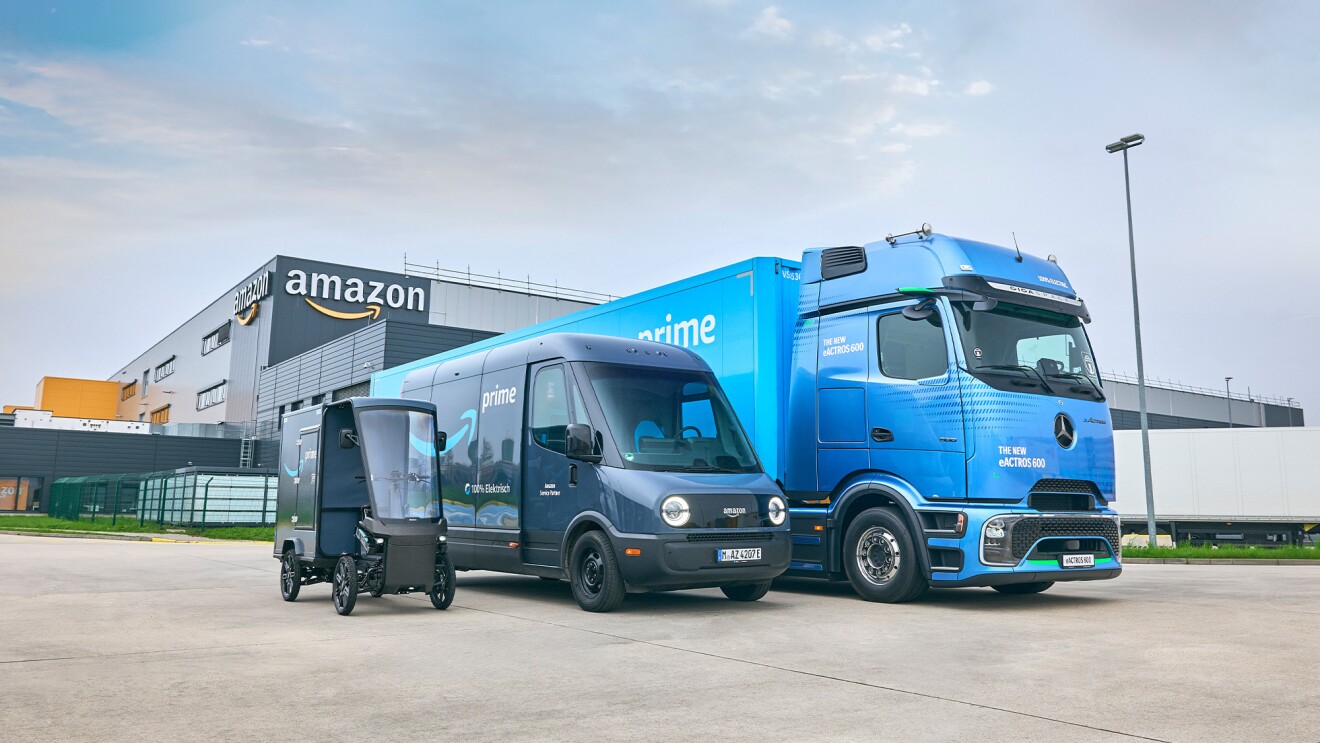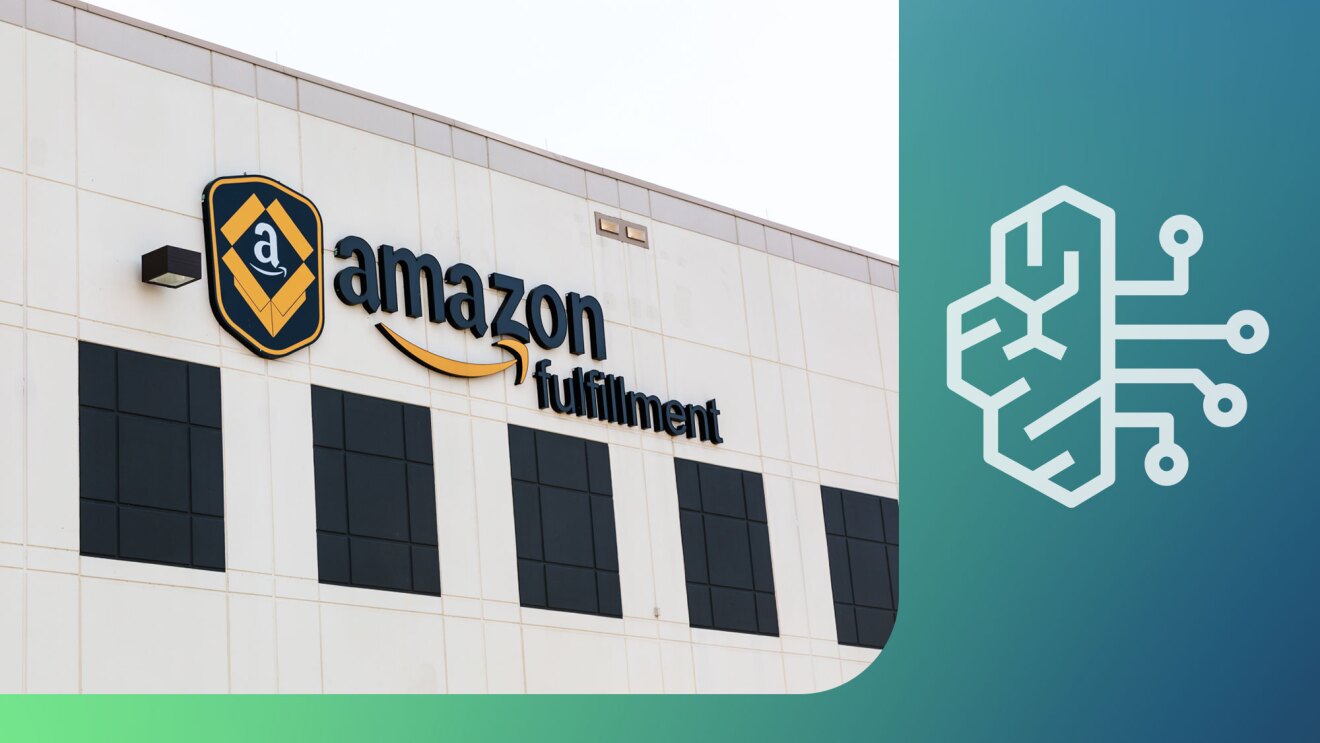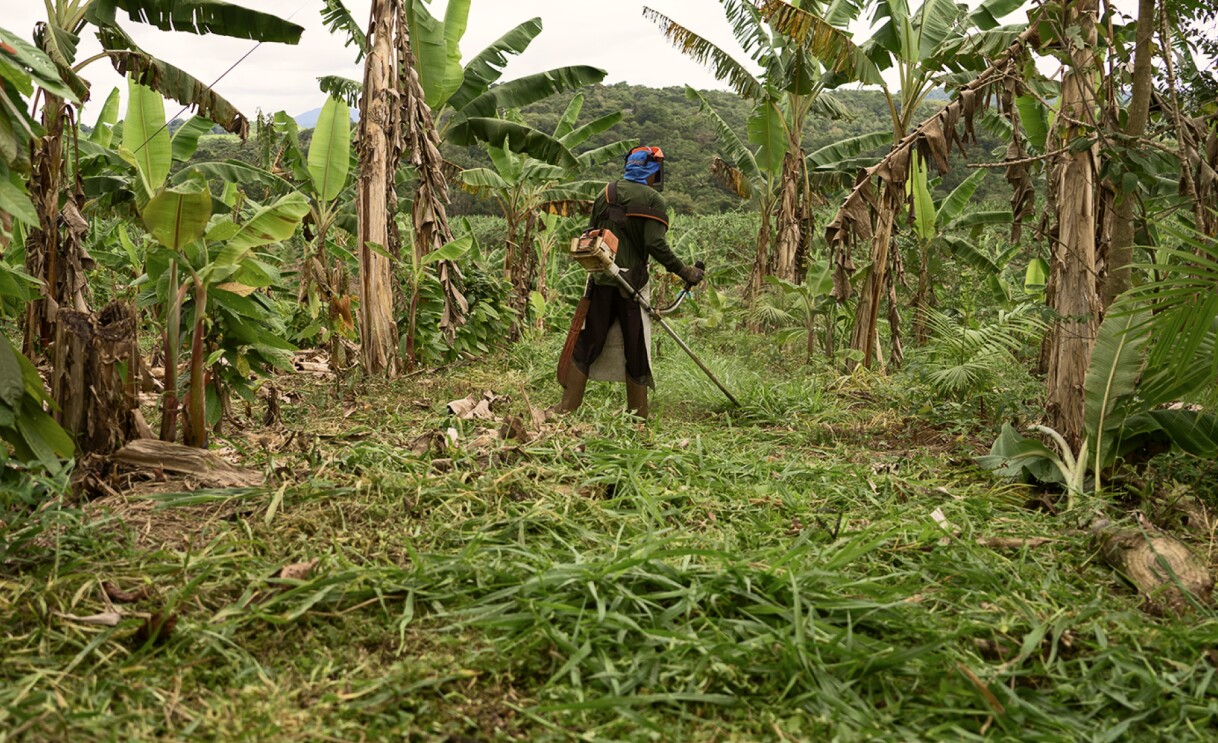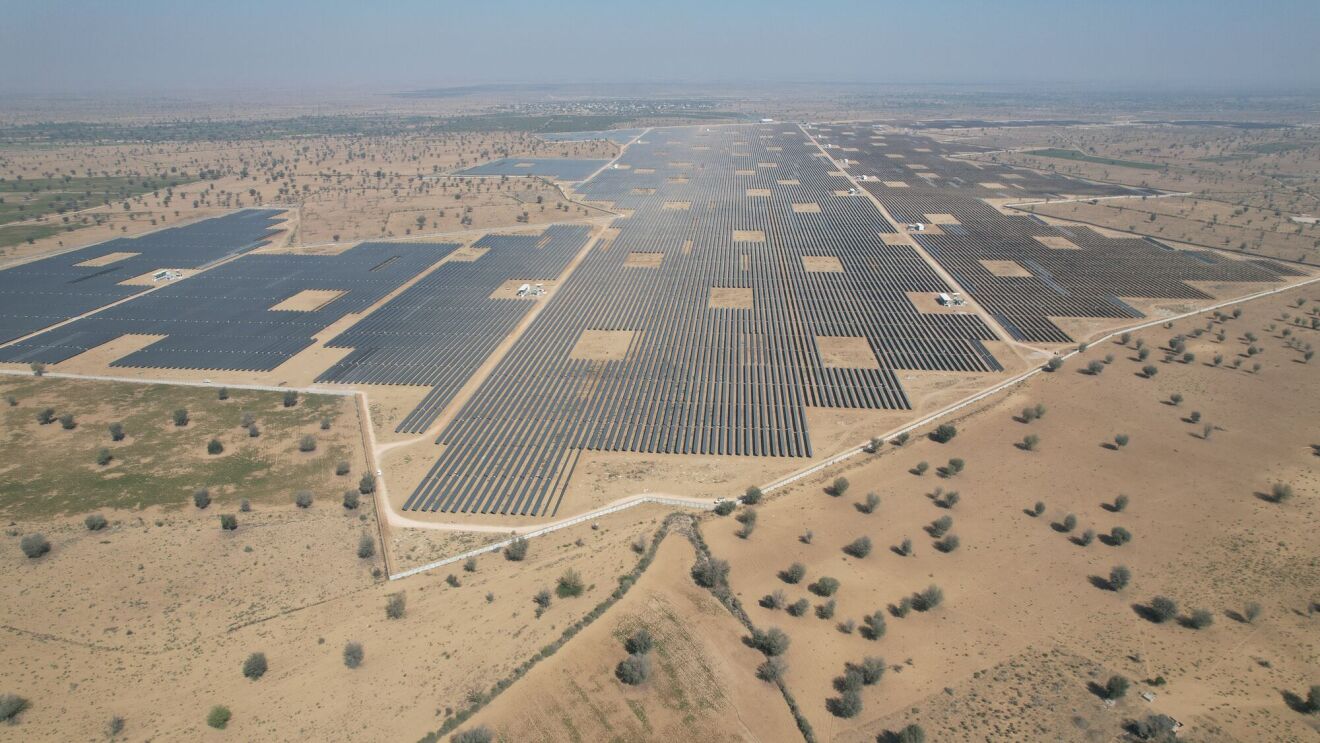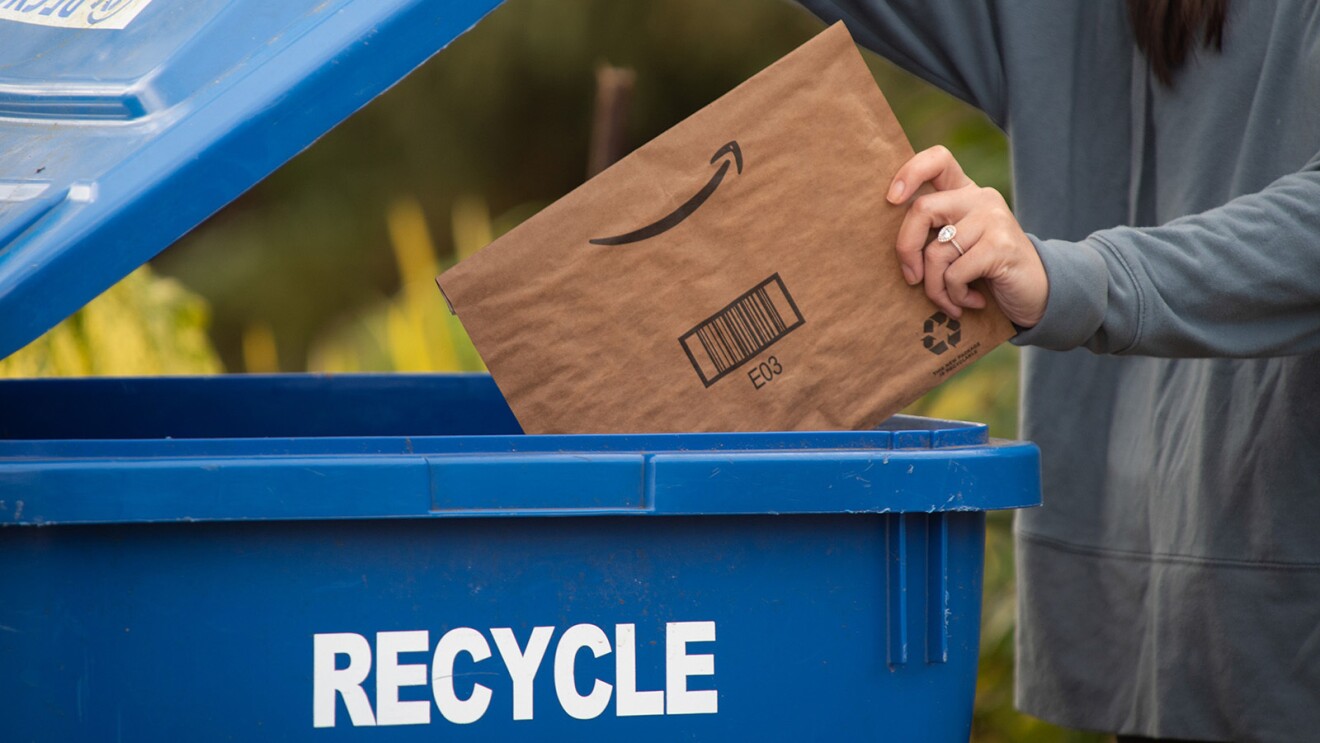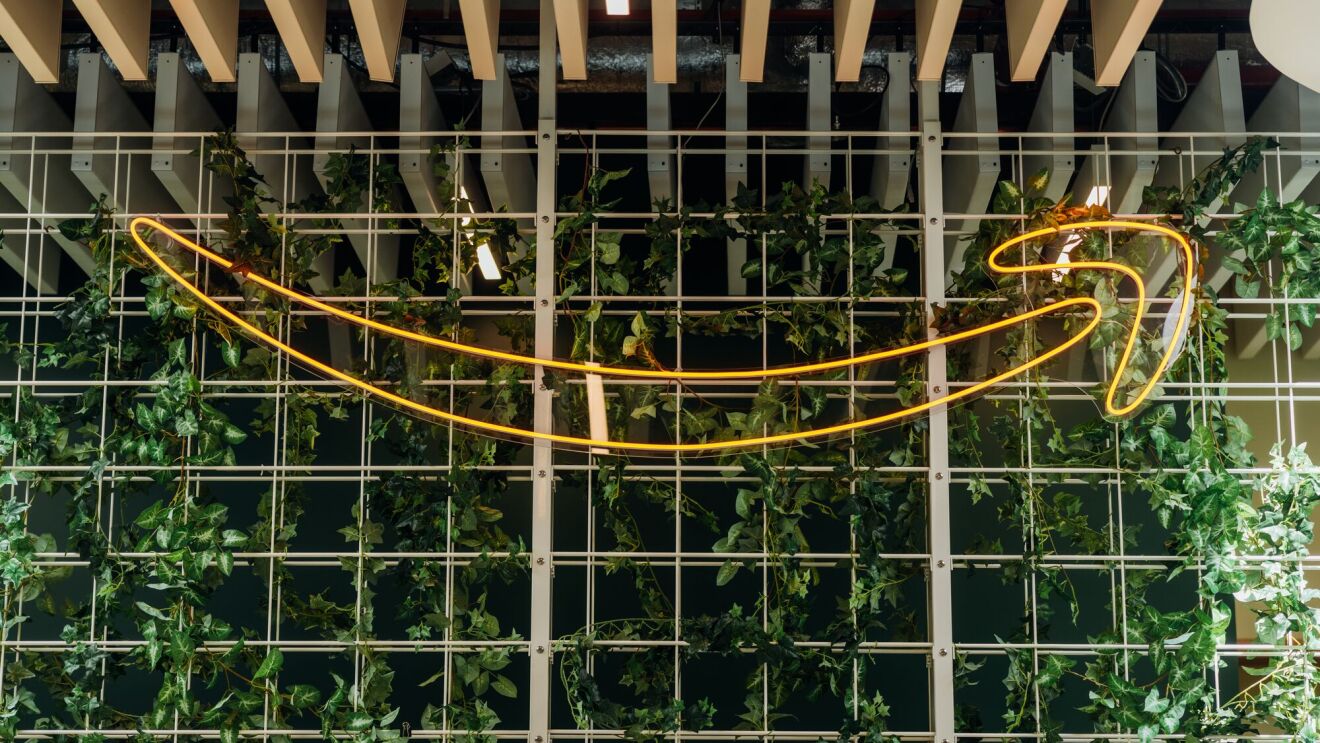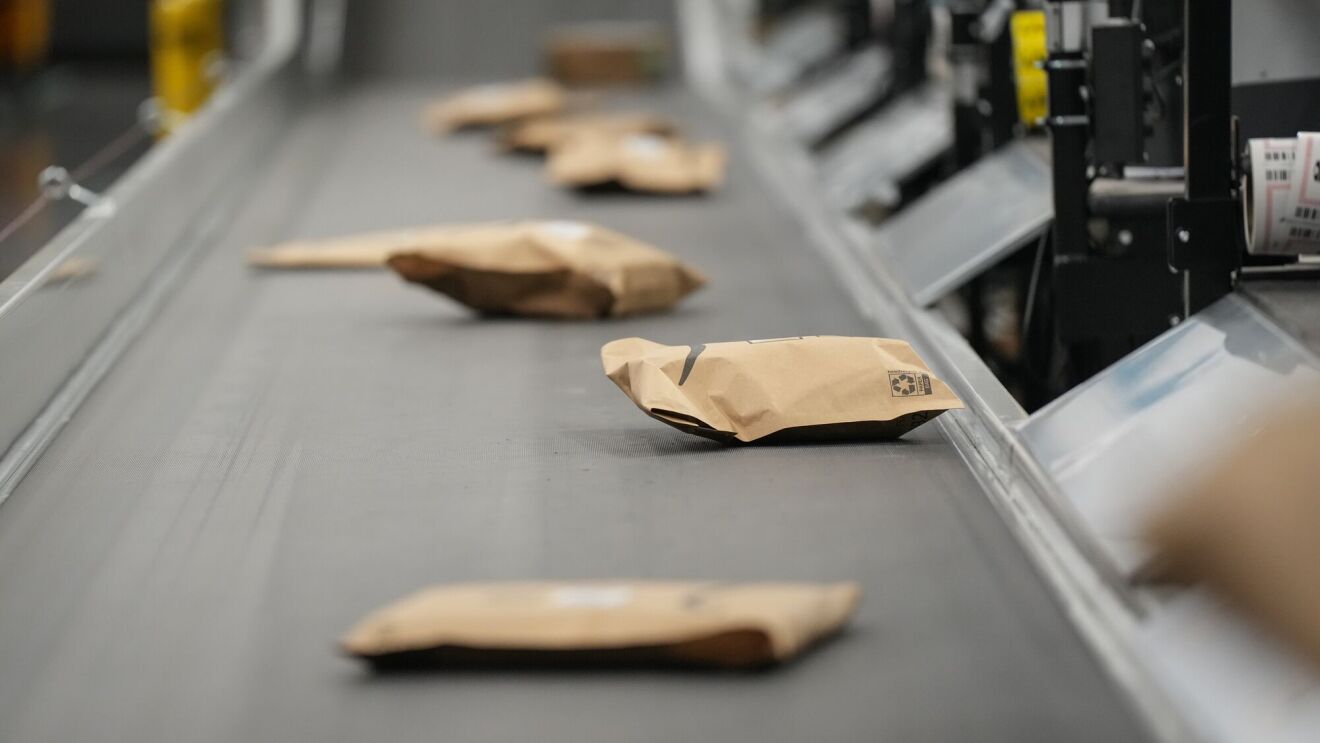Amazon has a longstanding commitment to people—supporting our employees, the partners in our supply chain, and the people in our communities. From prioritizing health and safety, to paying an industry leading $15 minimum wage, to providing competitive benefits including 401k, health insurance, and up to 20 weeks of paid maternity leave, Amazon works hard to provide a positive experience for our over 1 million employees. We also are committed to ensuring that partners in our supply chain are treated with fundamental dignity and respect. Last year we published our Global Human Rights Principles to codify our commitment to the people and communities who support our value chain. We’re now taking another step in this important journey by further detailing our work in a new people section of our sustainability report.
Supporting employees
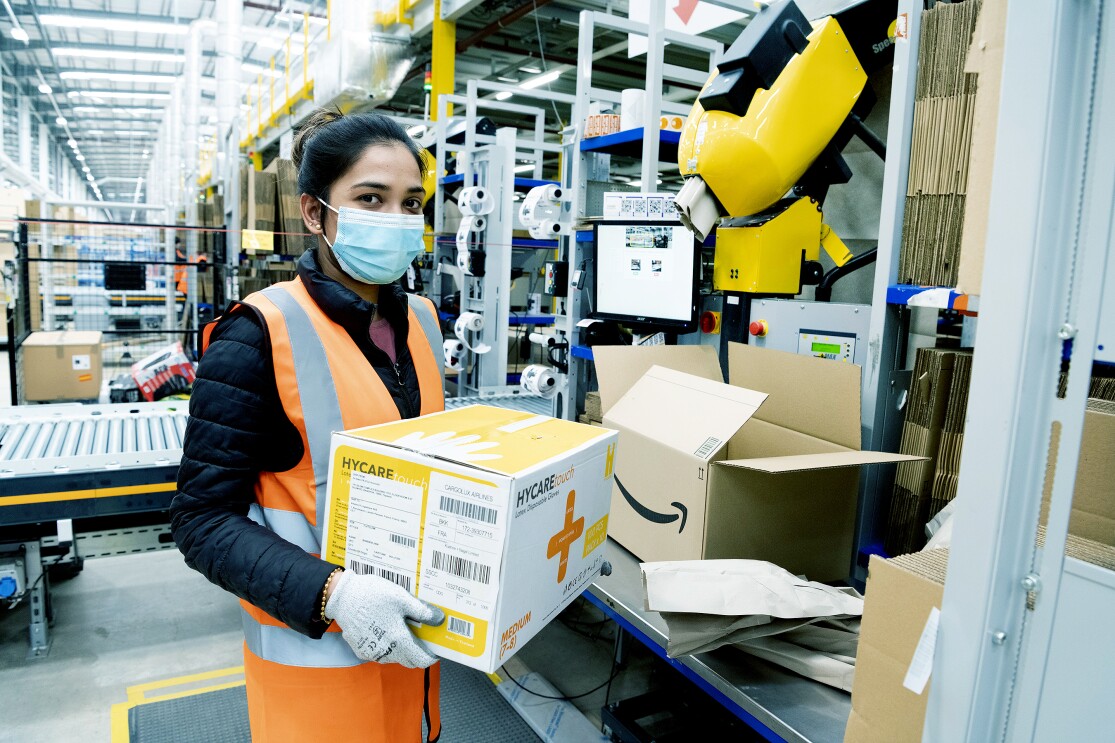
Since 2010, Amazon has directly created more than 750,000 jobs globally, and invested more than $350 billion in infrastructure and compensation in the U.S. alone. With more than 1 million employees worldwide, Amazon has been recognized on LinkedIn's Top Companies list and considered one of the World's Most Admired Companies by Fortune. Amazon also received a perfect score from the Human Rights Campaign Corporate Equality Index. On top of highly competitive salaries and full benefits from day one, Amazon offers a wide range of programs to equip employees with the skills for new, in-demand jobs.
The new reporting underscores Amazon’s commitment to upskilling our employees. Some of Amazon's skill-building programs include paid cloud computing apprenticeships, Amazon Technical Academy, and the innovative Career Choice initiative, which prepays 95 percent of the cost of tuition to pursue continuing education courses in in-demand fields, regardless of whether the skills are relevant to a career at Amazon. All of these programs are part of Upskilling 2025, a $700 million commitment by Amazon to support all employees looking to move into higher-skill, better-paying roles.
The update on the report also highlights Amazon’s efforts to build a diverse and inclusive workforce, including initiatives around racial justice and equity, LGBTQIA+ rights, affinity groups and internal events and conferences. We’re also deeply committed to driving change within our communities. In the past year, Amazon employees participated in an Amazon campaign to match donations and support organizations focused on combating systemic racism. In all, these organizations have now received more than $27 million from the Amazon community.
Workplace Health and Safety are a top priority for Amazon. In the past year, we piloted a new WorkingWell program, which uses academic research and certified athletic trainers to educate employees on health and wellness. We are also making investments on new technology to eliminate incidents in our fulfillment centers. Those include, for example, $66.5 million to pilot Powered Industrial Track (PIT) units that incorporate real time location systems to mitigate collisions with other equipment and pedestrians, and $9.8 million investment in Robotic Tech Vests, which provide an additional layer of safety for our Robotics technicians who interact with our robotics drive units.
We also have comprehensive mechanisms in place to listen to and communicate with our employees. In 2019, our fulfillment center managers received and responded to over 225,000 comments, questions, and issues raised on the Voice of the Associates boards. Connections—a real-time company-wide employee feedback mechanism—generates over 500,000 responses from employees daily by delivering questions to every Amazon employee.
Supporting partners in our supply chain
01 / 03
Amazon’s commitment is not only to our employees, but also to those in our supply chain. Our mission is for the products we sell to be made in a way that respects human rights and the environment. We engage in robust due diligence of our suppliers, prioritizing approaches that drive continuous improvement. In our report updates, we have provided details on the types of issues we encounter and work tirelessly to resolve.
We are working to set long-term commitments for improving working conditions and investing directly in the individuals that make our products. As part of our longstanding relationship with BSR’s HERproject, we engage with suppliers in China, Bangladesh, Vietnam, and India to build the capacity of workers and factory management to combat gender-based discrimination in the workplace. As of June 2020, we reached over 8,700 women. In 2019, we invested in Amader Kotha, a helpline providing workers throughout Bangladesh, including employees of Amazon’s own suppliers, a grievance mechanism to report and quickly resolve factory concerns in the ready-made garment sector.
Our first interactive supplier map, initially published last year, has been updated to provide further details on suppliers of Amazon-branded apparel, consumer electronics, food and beverage, and home goods products. The expanded supplier map includes additional suppliers, capacity building programs, and product categories.
Supporting our communities
01 / 03
We are also committed to supporting the communities we operate in. We are committed to helping all children and young adults, especially those from underrepresented and underserved communities, to make sure they have the resources and skills they need to build their best futures. As part of this focus, we work to both inspire and increase access to computer science and Science, Technology, Engineering and Math (STEM) education. Our primary computer science focused initiative is Amazon Future Engineer—a four-part, childhood-to-career program aimed at inspiring and educating millions of students from underprivileged and underrepresented communities each year to try computer science and coding. Amazon is also committed to what we call “Right Now Needs,” which includes increasing access to food, shelter, and basic goods for children and their families, specifically when it comes to fighting hunger, homelessness, and disaster relief efforts.
AWS technology also powers several initiatives, including the Disaster Response Action Team , which enables disaster response organizations to access cloud services at the edge, even in the harshest conditions. For example, in 2019, in the wake of Hurricane Dorian (a Category 5 storm that struck the Bahamas), the team helped set up connectivity and communications networks at more than 40 medical facilities and shelters in the country.
Along with the Sustainability updates, Amazon is releasing our 2020 Modern Day Slavery Statement (MDSS) and French Duty of Vigilance Plan (DVP). As part of our commitment to transparency, we are also disclosing our progress in meeting standards determined by the Sustainability Accounting Standards Board (SASB), the Task Force on Climate-related Financial Disclosure (TFCD) and the United Nations Guiding Principles on Business and Human Rights (UNGP).
Trending news and stories









